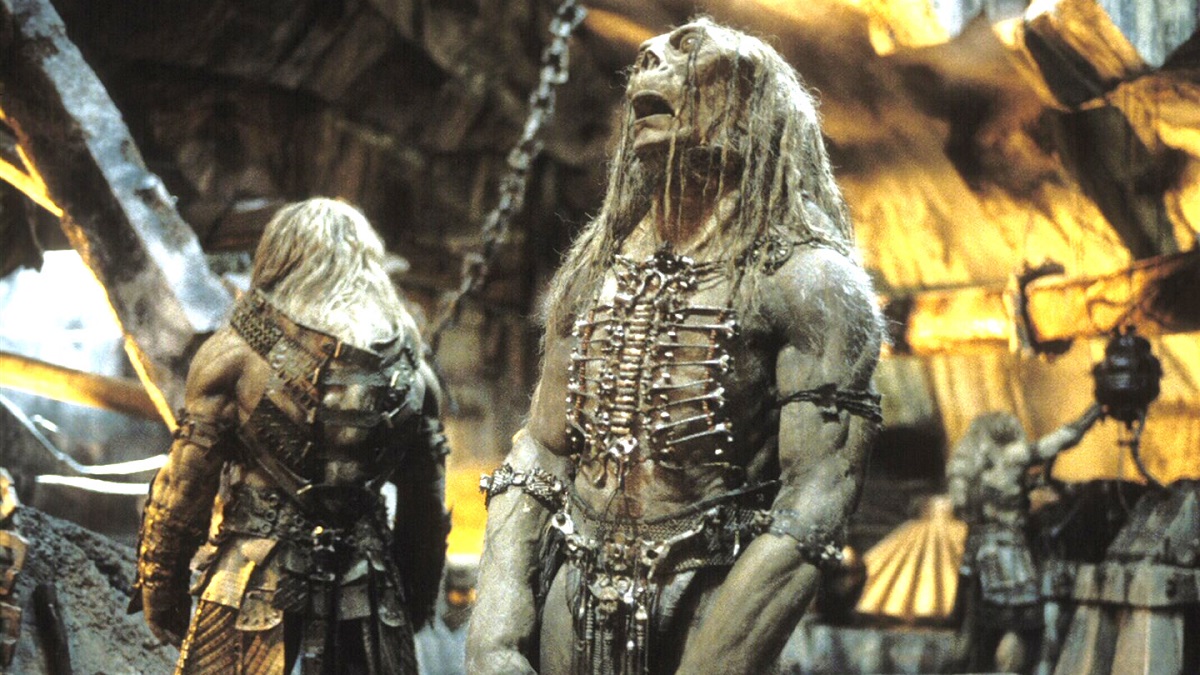One of the biggest obstacles that comes with adapting an influential early work of science fiction for modern audiences is that it can often be labeled as derivative of the very titles it would go on to inspire.
A notable case in point is Andrew Stanton’s John Carter, which was deemed as formulaic by many folks unaware that Edgar Rice Burroughs’ source material had inspired everything from Flash Gordon and Superman to Star Wars and Avatar. Simon Wells’ 2002 version of The Time Machine suffered much the same fate, with the movie possessing a ‘been there, done that’ quality, despite the seminal nature of his great-grandfather H.G.’s 1895 novella.
Hopes were fairly high at the time of release, with Wells making his live-action directorial debut following the well-received Prince of Egypt, while writer John Logan’s last screenplay had seen him land an Academy Award nomination for penning Ridley Scott’s Gladiator.

Taking some creative liberties in terms of subplots and new characters, the story followed Guy Pearce’s Alexander Hartgeden, driven by tragedy to turn back the sands of time, only for him to end up 80,000 years in the future. Despite an $80 million budget and a sizeable marketing push, The Time Machine was hardly a runaway success.
20 years later, and iTunes customers have done a little time traveling of their own, with The Time Machine having surprisingly appeared on the platform’s most-watched list out of nowhere as we head into the weekend, as per FlixPatrol.
A $123 million box office haul was mild at best, as was the 28% Rotten Tomatoes score, so it’s not exactly a stone-cold classic of the genre, even if it is embarking on a mini resurgence on demand. It did end up landing an Oscar nod for Best Makeup, though, ultimately losing to the team behind Salma Hayek’s fearsome Frida monobrow.











Published: Mar 4, 2022 01:04 pm